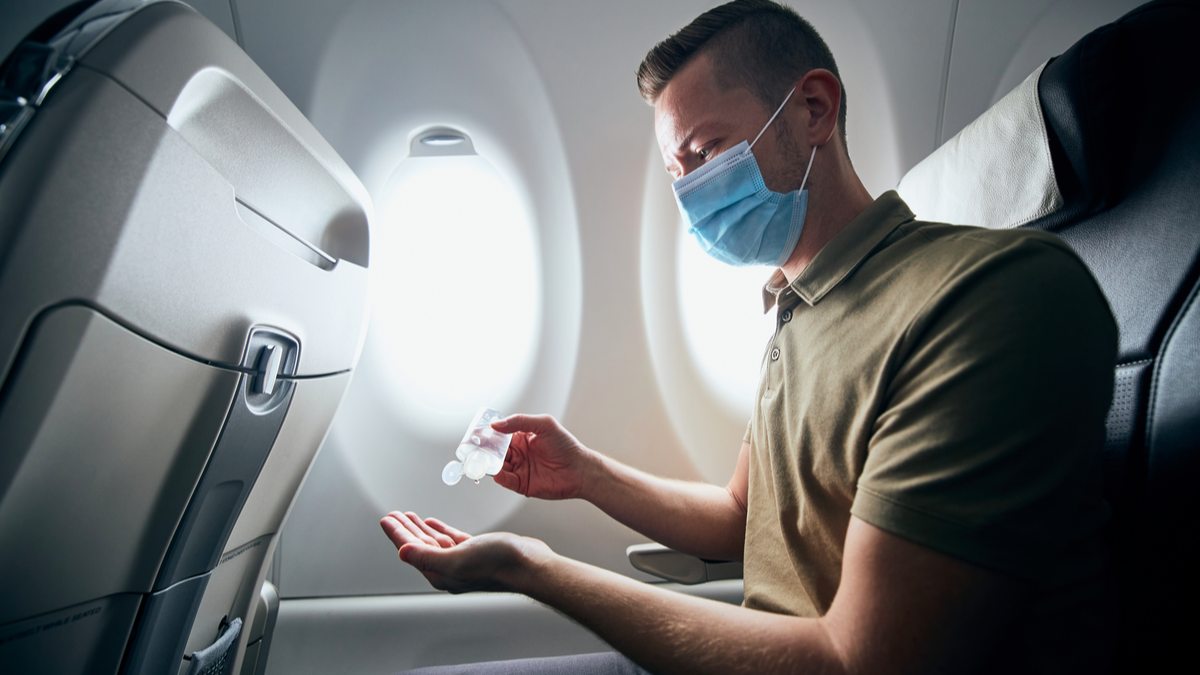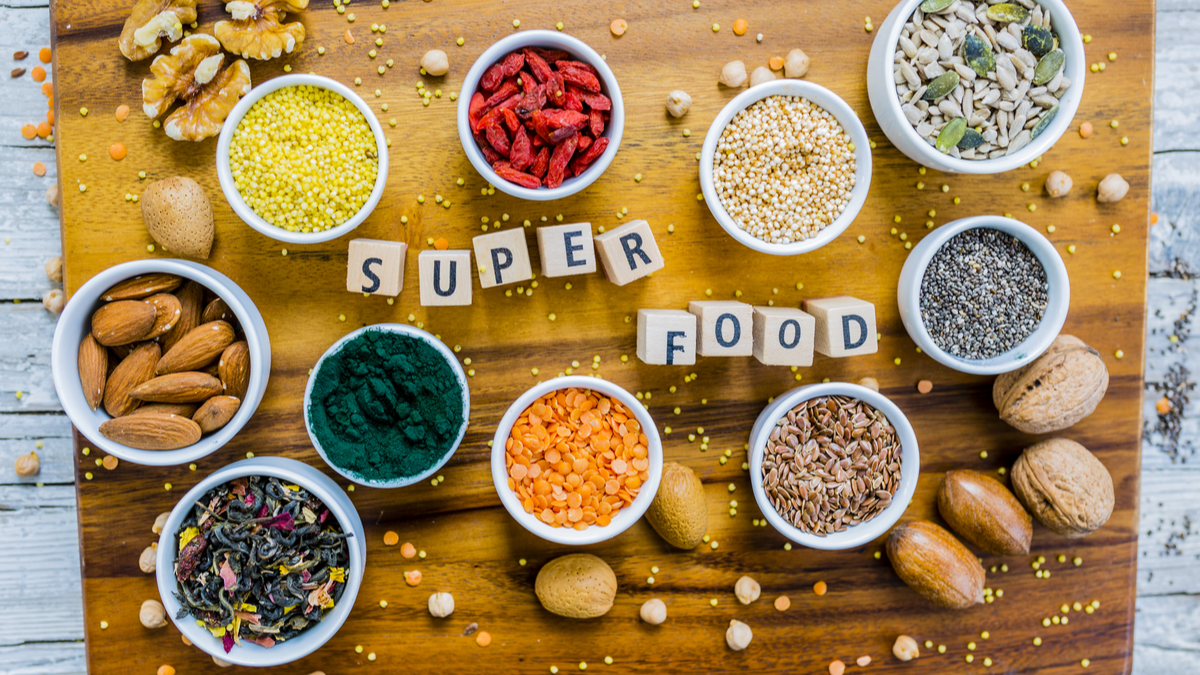Due to health scares involving diseases like COVID-19 and Ebola, there’s been lots of controversy regarding how safe it is to travel by plane. No one likes getting sick, but it can be harder to avoid when you’re confined to a small area with a bunch of people you don’t know, whose personal hygiene habits may be nothing like your own. Fortunately, there are a few things you can do to reduce the chance of catching someone else’s germs.
Here are some tips on how to stay healthy while flying:
1.) Stay Hydrated
One of the most important things you can do to avoid getting sick on a plane is to drink plenty of water. The reason behind this is that the lack of humidity in the cabin will dry out your mucous membranes. This makes it harder for your body to flush out germs. To ensure that you remain sufficiently hydrated, carry an empty water bottle with you through the security checkpoint.
2.) Use the Restroom Before Boarding
Almost no one likes using public toilets unless it’s absolutely necessary, but sometimes it can’t be helped. The trouble with airplane toilets is that you’re much closer to the toilet in such a cramped restroom than you would be while using a standard one at the airport. The real culprit here is flushing, which transmits lots of germs. You can stand much further away in a normal restroom stall, avoiding the tremendous scattering of microorganisms through the air that occurs when flushing. Try going before boarding to reduce the chance that you’ll have to go again before landing.
3.) Bring Your Own Blanket and Pillow
Depending on how long your flight is, you might need a blanket and pillow. However, there aren’t many airlines left that provide them anymore and even if you’re lucky enough to acquire one, it could be harboring all sorts of germs. During the period when the H1N1 virus was in the headlines, many airlines stopped providing them entirely, specifically as a precautionary measure against cold and flu transmission. Try carrying a light, foldable blanket in your carry-on luggage with a neck pillow to keep yourself germ-free while you sleep.
4.) Eat Before Boarding
Dining can be another concern with regard to germs. There have been instances in the past where airlines have been cited for health and safety violations involving dangerous bacteria. One particular airline caterer was found in violation when listeria was detected in samples taken from a kitchen floor. Additionally, cockroaches, ants and flies were also found (both dead and alive) at the facility in question. This company is actually one of several airline catering operations that have gotten into trouble with the FDA over unsanitary conditions in recent years. Your best bet is to either bring your own food or eat at one of the airport restaurants before flying.
5.) Avoid Alcohol
Another important consideration is the effect that alcohol has on your immune system. It’s not uncommon to want a drink or two to relax on the flight, but alcohol dehydrates the body and when combined with the low humidity in the cabin, it actually lowers your body’s resistance to germs. Studies have also shown that heavy drinking can make you more susceptible to infections and other illnesses. This is true whether you’re flying or not, but it’s even more important when you’re in an enclosed cabin with lots of potentially sick strangers. If you know you’re going to be tense during the flight, try taking some melatonin or drinking some chamomile tea at least 30 to 60 minutes before boarding.
Ultimately, there’s no way to ensure that you won’t get sick while flying. The reality is that germs are all around us, whether we like it or not. However, you can take a few sensible precautions that may significantly improve your chances of staying healthy. Remember that the best thing you can do is stick to a healthy lifestyle year-round, so your immune system will be better prepared to fight the most common illnesses, no matter where you happen to be.





